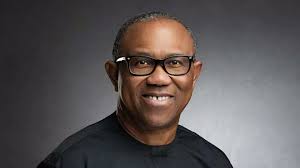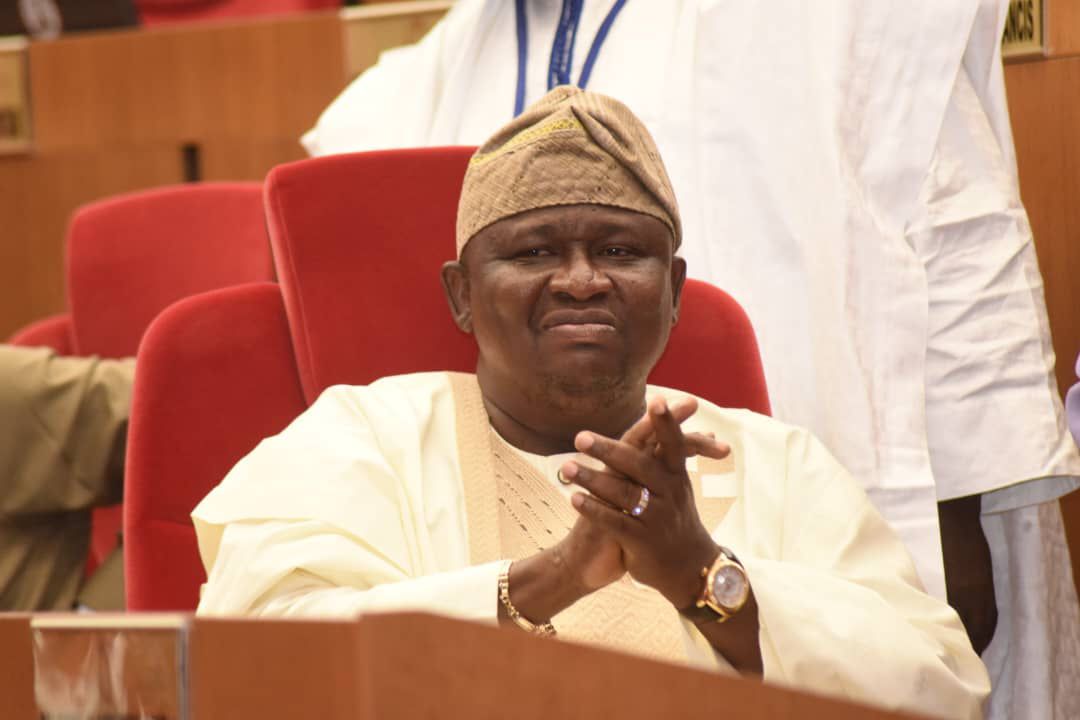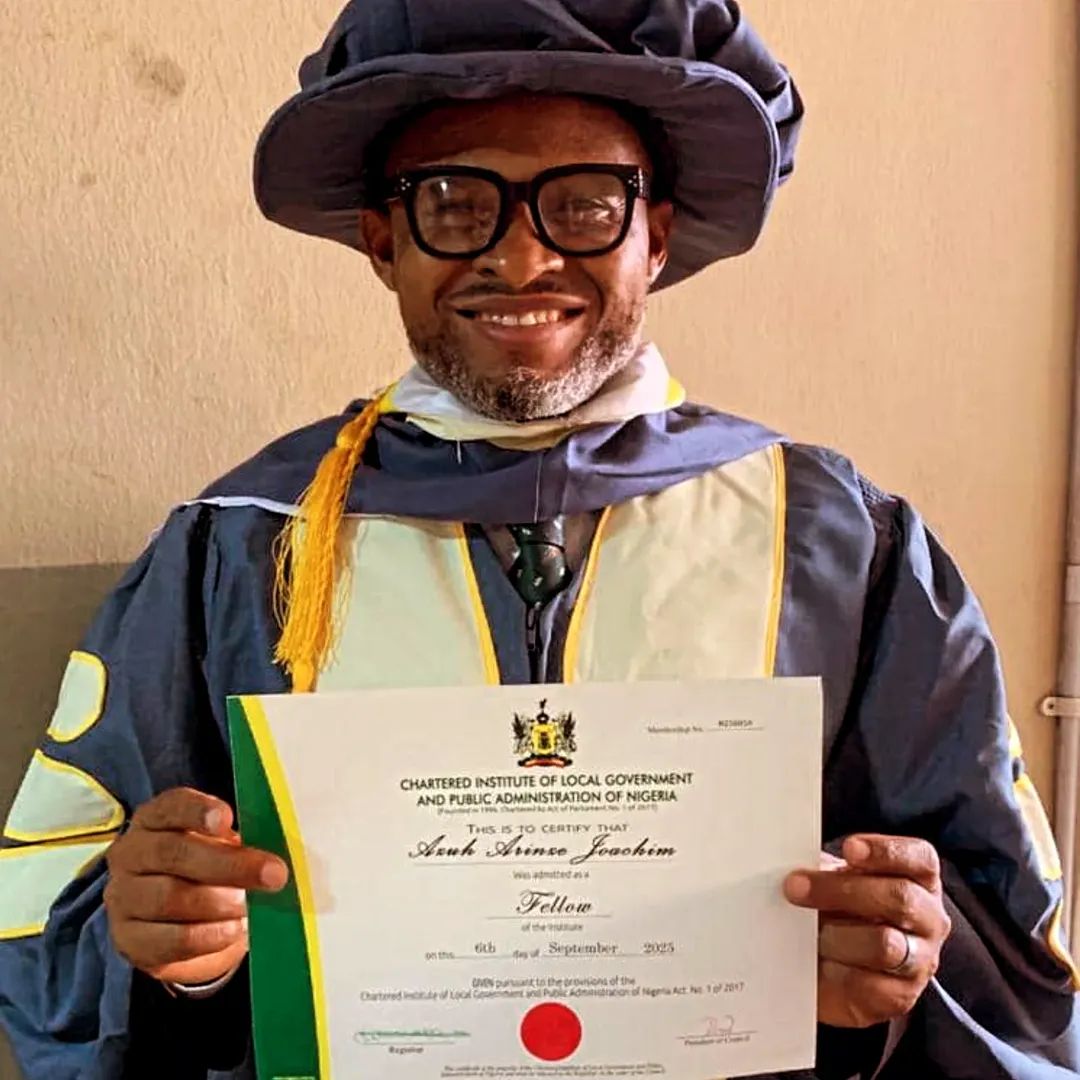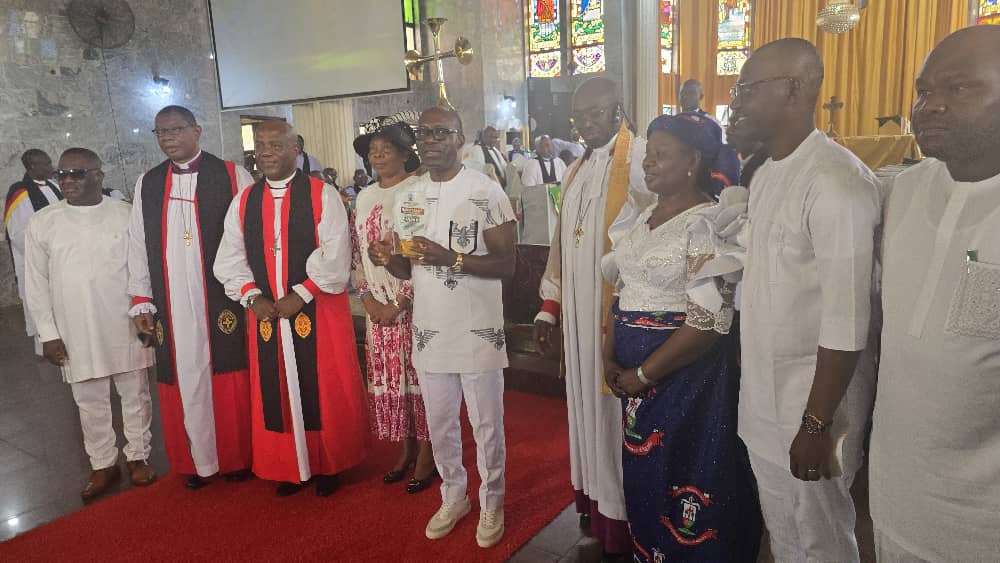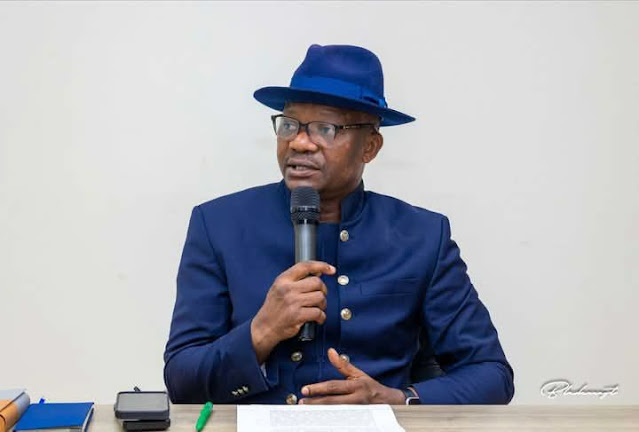In a surprising development that has sparked concern and speculation across Nigeria, Peter Obi, the former presidential candidate of the Labour Party and a prominent political figure, has announced that he is taking a temporary break from public engagements to focus on his health. This article explores the details of Obi’s health-related hiatus, provides context on his political journey, analyzes the implications for his supporters and Nigeria’s political landscape, and situates the development within the broader socio-political dynamics of the country.
The Announcement: A Pause for Health
According to the report, Peter Obi, aged 64, has decided to step back from public functions to address unspecified health concerns. The announcement, made through a statement attributed to his media team, emphasized that the break is temporary and intended to allow Obi to prioritize his well-being. While the statement did not disclose specific details about his medical condition, it reassured supporters that Obi remains committed to his vision for Nigeria and will resume public engagements once he is fully recovered.
The decision comes at a time when Obi has been actively involved in political and social advocacy, engaging with communities, supporting charitable causes, and critiquing the policies of the current administration led by President Bola Tinubu. His absence, even if temporary, is likely to create a void in Nigeria’s political discourse, given his significant influence and the passionate support base known as the “Obidient Movement.”
Peter Obi’s Political Journey: From Anambra to National Prominence
To fully appreciate the significance of this development, it’s essential to trace Peter Obi’s remarkable journey in Nigerian politics. Born on July 19, 1961, in Onitsha, Anambra State, Obi is a businessman-turned-politician with a background in banking and commerce. He graduated from the University of Nigeria, Nsukka, with a degree in philosophy and later attended prestigious institutions like Lagos Business School and Harvard Business School, where he honed his leadership and economic management skills.
Obi’s political career began in 2003 when he ran for governor of Anambra State under the All Progressives Grand Alliance (APGA). Although his initial election was marred by allegations of rigging, he successfully reclaimed his mandate through the courts in 2006, becoming governor in a landmark legal victory. His tenure as governor (2006–2014) is widely regarded as a high point in Anambra’s governance, characterized by fiscal discipline, infrastructure development, and significant investments in education and healthcare.
As governor, Obi earned a reputation for prudent financial management, famously saving billions of naira in state funds and leaving office with a surplus—a rarity in Nigerian politics. His emphasis on transparency, accountability, and people-centered governance endeared him to many Nigerians, particularly in the southeast, where he became a symbol of effective leadership.
In 2019, Obi gained national prominence when he was selected as the running mate to Atiku Abubakar, the presidential candidate of the People’s Democratic Party (PDP), in the general election. Although the PDP lost to the All Progressives Congress (APC), Obi’s performance during the campaign, particularly in debates, showcased his intellect, eloquence, and ability to connect with ordinary Nigerians. His focus on economic reforms, poverty alleviation, and youth empowerment resonated with a broad audience, setting the stage for his 2023 presidential bid.
In 2022, Obi left the PDP and joined the Labour Party, citing ideological differences and a desire to pursue a more inclusive, grassroots-driven campaign. His 2023 presidential campaign galvanized a new generation of Nigerians, particularly young people disillusioned with the country’s political establishment. The “Obidient Movement,” a loosely organized but highly passionate group of supporters, leveraged social media platforms like X to amplify Obi’s message, making him a formidable contender despite running on a less-established party platform.
Although Obi did not win the 2023 election, securing third place behind Bola Tinubu (APC) and Atiku Abubakar (PDP), his campaign left an indelible mark on Nigeria’s political landscape. He won significant support in urban areas, including Lagos and Abuja, and inspired a wave of political engagement among young Nigerians. Since the election, Obi has remained active, critiquing government policies, engaging with communities, and maintaining a visible presence in public discourse.
The Health Break: Context and Speculation
Peter Obi’s decision to take a break from public functions has prompted a range of reactions, from concern for his well-being to speculation about the political implications. The lack of specific details about his health has fueled discussions on platforms like X, where supporters and critics alike have shared their views. Some have expressed genuine worry, with posts like, “Wishing Mr. Peter Obi a speedy recovery. Nigeria needs his voice now more than ever,” reflecting the sentiment of his supporters. Others have speculated about the timing of the announcement, with some suggesting it could be a strategic move to recalibrate his political strategy ahead of the 2027 general election.
Health challenges are not uncommon among public figures, particularly those under the intense pressure of political life. In Nigeria, where access to quality healthcare remains a challenge for many, Obi’s decision to prioritize his health underscores the importance of well-being, even for high-profile individuals. His transparency in announcing the break, albeit without specifics, aligns with his reputation for openness and accountability.
However, the announcement also raises questions about the nature and severity of his health concerns. In the absence of official details, speculation has ranged from routine medical check-ups to more serious conditions requiring extended care. Given Obi’s relatively young age (64) and active lifestyle, many hope the issue is minor and that he will return to public life soon.
Implications for the Obidient Movement
The “Obidient Movement,” which has been a driving force behind Obi’s political relevance, faces a critical moment with his temporary absence. The movement, characterized by its decentralized structure and reliance on social media, has been instrumental in keeping Obi’s ideas in the public eye. Supporters have used platforms like X to organize rallies, share his speeches, and counter criticisms from political opponents. However, without Obi’s physical presence at events, the movement may struggle to maintain its momentum.
The Obidient Movement has faced challenges in the past, including internal divisions and external attacks from political adversaries. For instance, Reno Omokri, a former aide to ex-President Goodluck Jonathan, has publicly vowed to “destroy” the movement, claiming that Obi was his “project” during the 2019 election but accusing him of disloyalty. Such criticisms highlight the polarized nature of Nigerian politics, where Obi’s rise has threatened the traditional dominance of the APC and PDP.
Obi’s health break could test the resilience of the Obidient Movement, particularly if it extends beyond a few weeks. Supporters may need to find new ways to sustain engagement, such as organizing virtual events or focusing on grassroots initiatives in his absence. The movement’s ability to adapt will be crucial in maintaining its influence ahead of the 2027 election, where Obi is widely expected to run again.
Political Reactions and Controversies
The announcement of Obi’s health break comes amid ongoing political tensions, as evidenced by recent reports on Linda Ikeji’s Blog and other platforms. For example, Obi has faced criticism from various quarters, including the Labour Party’s national chairman, Julius Abure, who labeled him an “Uber politician” for his directive to supporters to back African Democratic Congress (ADC) candidates in by-elections. Similarly, FCT Minister Nyesom Wike took a subtle dig at Obi, with many interpreting it as a jab at his political strategy.
More controversially, Edo State Commissioner for Information Paul Ohonbamu claimed that Obi’s visit to the state caused a stampede that resulted in three deaths, though he provided no specific details to substantiate the claim. Such accusations reflect the intense scrutiny Obi faces as a leading opposition figure, with critics often seeking to undermine his credibility.
On the other hand, Obi has received support from figures like Charles Oputa (Charly Boy), who defended him against allegations by activist lawyer Deji Adeyanju. These polarized reactions underscore Obi’s polarizing yet influential presence in Nigerian politics, where he is both celebrated as a beacon of hope and criticized as a divisive figure.
The Broader Socio-Political Context
Obi’s health break must be viewed within the broader context of Nigeria’s socio-political challenges. The country is grappling with economic hardship, insecurity, and a crisis of confidence in governance. Since the 2023 election, the Tinubu administration has faced criticism for policies like the removal of fuel subsidies and the floating of the naira, which have led to inflation and increased living costs. Obi has been a vocal critic of these policies, accusing the government of prioritizing political gamesmanship over the welfare of Nigerians.
His absence, even temporarily, could create a vacuum in the opposition space, where few figures command the same level of grassroots support. The PDP, led by Atiku Abubakar, has struggled to maintain cohesion, while other opposition parties lack the national appeal of the Labour Party under Obi’s leadership. His health break could provide an opportunity for rival political factions to consolidate their positions, particularly as the 2027 election approaches.
Moreover, Obi’s focus on health highlights a critical issue in Nigeria: access to quality healthcare. While Obi, as a wealthy individual, likely has access to top-tier medical care, millions of Nigerians face challenges in accessing basic healthcare services. His situation could spark discussions about the need for systemic reforms in Nigeria’s healthcare sector, aligning with his broader advocacy for good governance and equitable development.
Public and Media Reactions
The announcement of Obi’s health break has generated significant buzz on social media, particularly on X, where the hashtag #GetWellSoonPeterObi trended briefly on September 7, 2025. Supporters have flooded the platform with messages of goodwill, with one user writing, “Peter Obi is a national treasure. His health is our priority. Speedy recovery, sir!” Others have used the opportunity to call for prayers, reflecting the deep emotional connection many Nigerians feel toward him.
However, not all reactions have been sympathetic. Some critics have questioned the timing of the announcement, suggesting it could be a ploy to deflect attention from recent political controversies, such as the Edo stampede allegations or criticisms of his leadership style. A post on X stated, “Obi’s health break is convenient timing. Is he dodging the heat or genuinely unwell?” Such skepticism reflects the polarized nature of Nigerian politics, where every action by a public figure is scrutinized for ulterior motives.
The media has also weighed in, with outlets like Arise TV and Channels TV covering the story and inviting analysts to discuss its implications. Some pundits have praised Obi’s decision to prioritize his health, viewing it as a responsible move that sets an example for other leaders. Others have speculated about the potential impact on his political future, particularly if the break extends longer than anticipated.
Looking Ahead: Obi’s Return and Nigeria’s Future
While Peter Obi’s health break is described as temporary, its duration and the nature of his condition will determine its long-term impact. If the break is brief, Obi is likely to resume his role as a leading opposition voice, continuing to advocate for economic reforms, youth empowerment, and good governance. His return could reinvigorate the Obidient Movement and solidify his position as a frontrunner for the 2027 presidential election.
However, a prolonged absence could pose challenges, particularly in maintaining the momentum of his political base. The Obidient Movement, while passionate, relies heavily on Obi’s personal charisma and visibility. A prolonged hiatus could lead to fragmentation, especially if other opposition figures seize the opportunity to fill the void.
For Nigeria as a whole, Obi’s health break serves as a reminder of the fragility of leadership and the importance of health in public service. It also underscores the need for a robust political system that does not rely on individual figures but on strong institutions and collective action.
Conclusion
Peter Obi’s decision to take a break from public functions to attend to his health is a significant moment in Nigeria’s political landscape. As a figure who has inspired millions with his vision for a better Nigeria, his well-being is a matter of national concern. While the specifics of his health remain private, the announcement highlights the human side of political leadership and the toll it can take.
Obi’s journey from a successful businessman to a transformative governor and a national political figure has made him a symbol of hope for many Nigerians. His temporary absence will test the resilience of his support base and the broader opposition movement. However, if his past resilience is any indication, Obi is likely to return stronger, ready to continue his advocacy for a Nigeria that works for all its citizens.
As the nation awaits updates on his recovery, the focus remains on wishing Peter Obi well and reflecting on the broader issues his health break brings to light. In a country yearning for change, his voice remains a vital part of the conversation, and his return will be eagerly anticipated.


